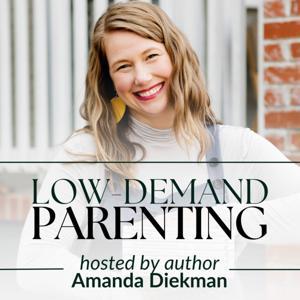In this episode, Kristy dives into one of the most frequently asked questions: What is the difference between demand avoidance and Pathological Demand Avoidance (PDA)? Through personal reflections and insights, Kristy highlights how PDA is far more than demand avoidance and explores the intersection of trauma, agency, and varying forms of associated neurodivergence.
The Impact of Autonomy and Agency
This episode is ideal for:
Connect with Us:
- Website: www.kristyforbes.com.au
- Instagram: instagram.com/_kristyforbes
- Facebook: facebook.com/intunepathways



























